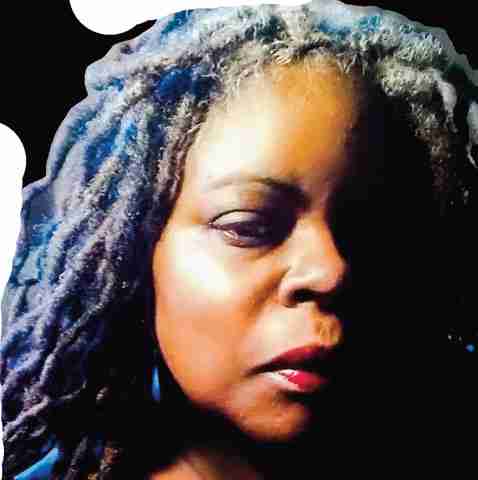It is the middle of February, Black History Month, and I am feeling the squeeze. For the past 25 years I have planned exciting, fun-filled celebratory Black History Months. It all started in 1994 when I became a member of the Association for the Study of Classical African Civilizations (ASCAC), which totally changed my life and exposed me to African history, which is the precursor to Black History and World History. At the time, I was in my mid-20s, a college student, and married with one child. I found myself so immersed in all things our history that I wanted my daughter to be thoroughly educated. I refused to be negligent by default in teaching her our history by simply leaving it up to the Detroit Public School system.
I am a product of that school system, and even in a marginally all-Black or African American city, my education regarding the history of Black people in this country was restricted to the basics: Dr. Martin Luther King, Jr., Rosa Parks (local and national heroine who lived a few blocks away from me), abolitionists Frederick Douglass and Sojourner Truth, and the indomitable Harriett Tubman. With Tubman comes education regarding the Underground Railroad, Civil War, Abraham Lincoln and the Emancipation Proclamation. With that as the foundation, everything after is a footnote in history.
So imagine how shocked I was when I attended my very first ASCAC conference at what was once called Cobo Hall in 1993. The very first lecture of the morning was given by Dr. Leonard Jeffries who gave a detailed and startling breakdown of the first 19 dynasties of ancient Egypt, which I learned was not the true name of this beautiful land. Kemet is the name given to that region by people who looked like me! That morning blew me away! I had very limited knowledge of Africa, like most of us educated in America’s schools. But to learn that this was all by design infuriated me, and it was after having the opportunity to meet and dine with Jeffries, and later Dr. John Henrik Clark, that I understood my mission as a Black Mom. It would be up to me to educate my own children about African and African American history.
In our midtown Detroit apartment, I cut out and framed various pictures of note. As soon as you entered, on the walls were diagrams of the pyramids of Imhotep and Ramses, hieroglyphics of the walls of the temples in Luxor, portraits of the faces of slaves, and the blistered back of Gordon, the subject of a recent film starring Will Smith. My history was lived every day, not a one month a year thing, which is what Dr. Carter G. Woodson, the father of Negro History Week, later known as Black History Month, wanted from the very beginning.
Woodson’s “The Mis-education of the Negro” outlines in great detail why it is more than necessary for us to educate ourselves and our children about our history in America. Educating ourselves on who we are – and who we were – are motivational qualifiers for who we will become. Because notable Black achievements were not included in the history books written to teach our young people. When Woodson started the Association to Study African American Life and History in 1915, it was “to promote, research, preserve, interpret, and disseminate information about Black life, history, and culture to the global community." Woodson believed that knowing our collective history would build a sense of pride in us and help to forward our race in this country, and create a bridge to better race relations with White Americans.
Unfortunately, that was not to be. The myth of White supremacy is systemic and foundational. I am more than positive that here in Florida, “The Mis-education of the Negro” would qualify as one of the banned books in our children’s public school library under Gov. Ron DeSantis’ “Stop W.O.K.E. Act.” I made a pledge to myself 20-plus years ago that I would begin educating my daughter, and the three additional children to come, about their familial heritage, Black American history, and the African diaspora, along with world history, as Clark once stated that within world history is African history. During the month of February, when my children were school-aged, I scheduled field trips to museums, art exhibits, and readings at libraries. I supplemented that with books by Black authors, and documentaries on Africa (Kemet), Haiti, Jamaica, Cuba, Puerto Rico and Spain. I introduced my children to the Moors or “The Black” Africans who brought civilization and culture to Europe (hence why Clark correctly assessed world history to be intertwined in African history.)
My own paternal familial history begins with a runaway slave named George Nelson (which he later changed to Ricks), who married a Seminole woman on the Trail of Tears, and somehow secured papers that would establish him as a free person of color in Tennessee. My children are now adults and I celebrate Black History Month a little differently. I have a list of books and documentaries that I am planning to dig into. I am joining other voices against the “Stop W.O.K.E. Act.” I know that it is the middle of the month, and I need to speed it up. That’s what 28 calendar days gets you. But I believe Black History Month is like water. It flows indiscriminately all year round. I say, “let it flow.”












No Comment